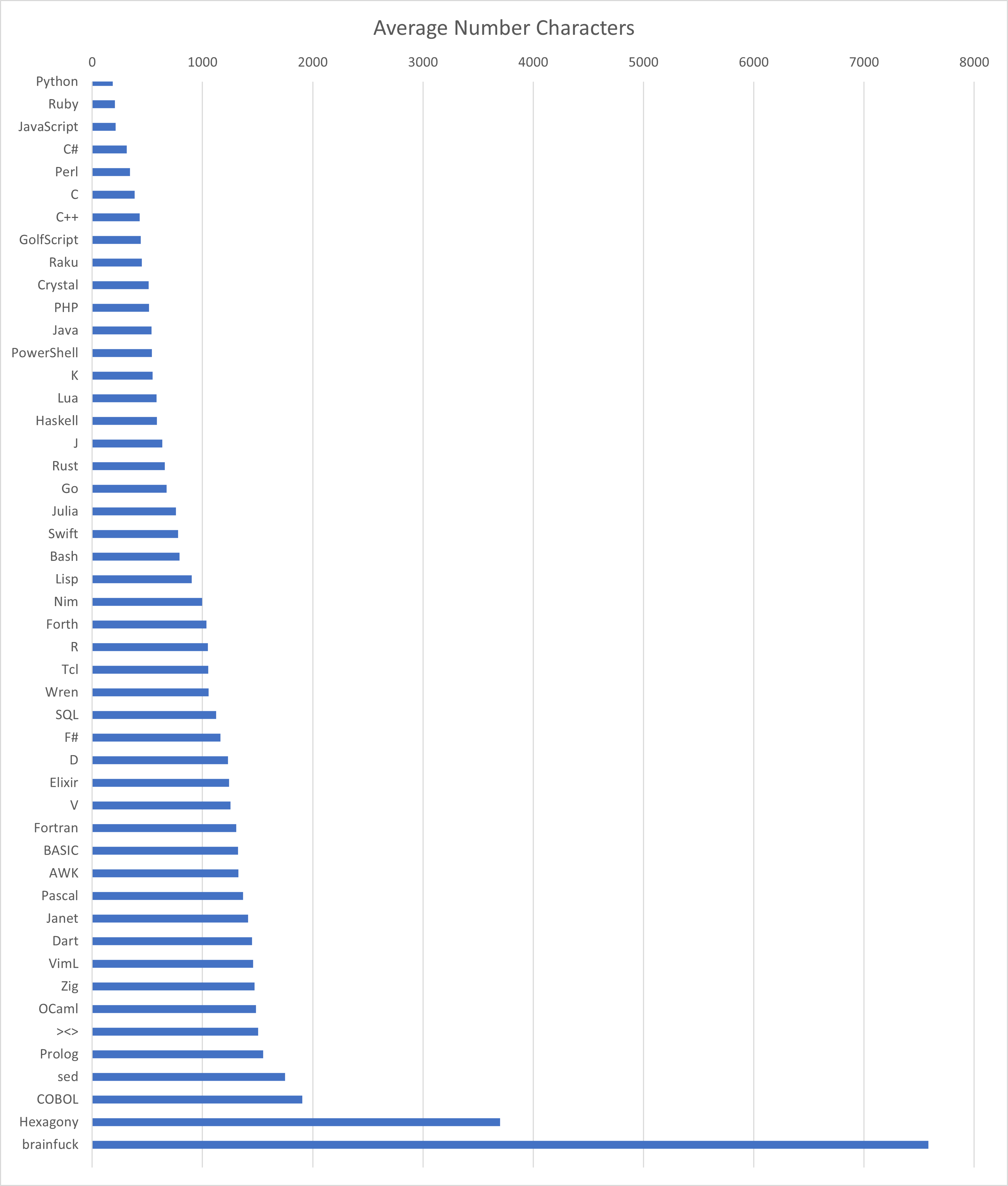I remember before scrambling they just put blocks that prevented you from going to certain channels. I somehow figured out if you ran the cable box through the VCR first and put it on channel 2 while the TV was still on 3, it would shift all the channels down one. Cinemax was channel 14, which our box just would not go to. But it would go to 13, so doing my little trick teenage me got to watch a lot of skinamax.
pwshguy
If I understand correctly, the signatures generated by PuTTY aren’t perfectly random, so if someone got a hold of a bunch of keys from a server, they could figure out the pattern. It takes about 60 keys. This affects not just PuTTY, but also FileZilla, WinSCP, TortoiseGit, and TortoiseSVN.
In other words if you have NIST P-521 keys, or any others using 521-bit ECDSA, you should revoke them and generate new key pairs. After you update your software.
I installed some security cameras around my house and set up Shinobi using an old PC. Unfortunately the PC is too old to use the built-in detectors in Shinobi. So, I took my first dive into playing around with some image detectors.
I wrote some python to download the daily recording from old PC to a newer one with a 3080 GPU. Then checks the videos for people. It will then trim the videos to only include times were there are people in frame. It cut my the storage requirements by over 95%.
For some reason their API would not return anything for assembly. I was curious to see where it would rank too,
Apparently it due to an issue with Kotlin - https://github.com/code-golf/code-golf/issues/151#issuecomment-1126266250
The book I wrote. When I first talked with the publisher he asked, "what skills would you look for in someone who wants to do your job?" And that's the premise I stuck with writing it.
Very close to VB. Glad I noticed it didn't have End If and End Function before I guessed.
I feel down a rabbit hole, a few years ago wonder the same thing about C#. Here is what I found.
- C# was developed in 2000 as a successor to C++. Doubling the ++ to a #.
- C++ was developed in the early 80s as a successor to C. Adding plus (+) to a name was a common way of indicating it was an enhancement. Also ++ is the incrementing operator for C.
- C was developed in the early 70s as a successor to the B programming language. C comes after B.
- B was developed in 1969 and was derived from the BCPL language. Basically, B was a stripped down version of BCPL.
- BCPL (Basic Combined Programming Language) was developed in 1967 and was a designed as an simpler version of CPL.
- CPL (Combined Programming Language) was developed in the early 60s at Cambridge. The original name was "Cambridge Programming Language" but was changed to Combined when it was published jointly with the University of London.
From personal experience, it seems like things outside of your normal listening don't affect too much. At least in my case, my daughter making me play the Encanto soundtrack 250,000 times hasn't affected my weekly or daily playlists.
That's pretty similar with what happened with me and the train. Kept getting random drops from a plant. I went out to investigate and everything tested perfect and the network was staying up. That was until a freight train rolled by. Turns out AT&T had run the line by shoving a piece of PVC through the gravel between two cross-ties, then running the cable through it.
I've actually had an excavator take out my network. I've also had networks taken out by forklift, train, and a semi-truck towing three other semi-trucks.



No Azure DevOps automatically increments it every time you run the pipeline.